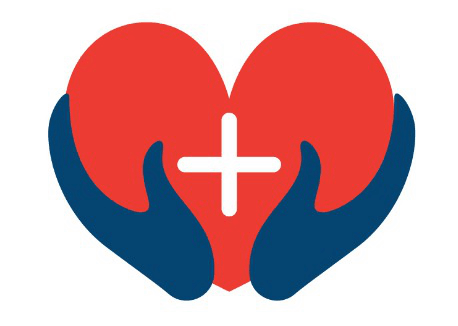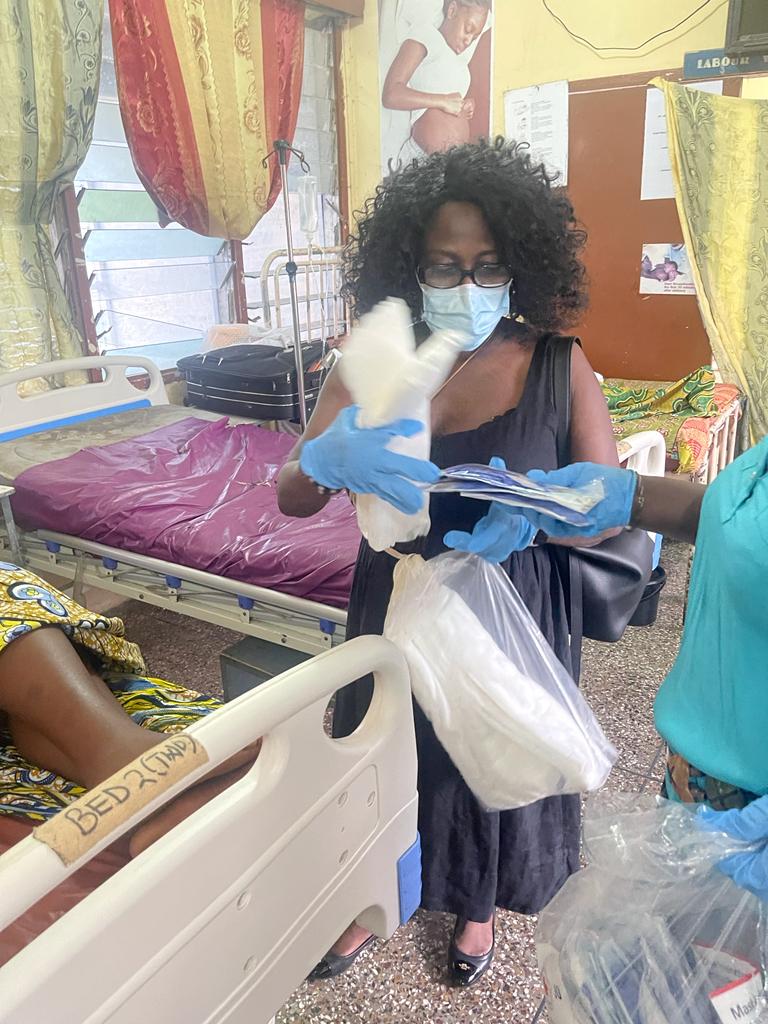Let's Get it Started!
Thank you for your great generosity! We, at African Canadian Nurse Care Foundation, greatly appreciate your donation. Your support is invaluable to us, thank you again!
Business No.# 799711007RR0001
Wealth is associated with richer home learning environments for young children
Children in the richest households tend to have more books in the home than children in the poorest households
A young child’s home environment plays a key role in determining his or her chances for survival and development.[1] Optimal conditions include a safe and well-organized physical environment, opportunities for children to play, explore and discover, and the presence of developmentally appropriate objects, toys and books.[2] Several research studies suggest that children who grow up in households where books are available receive, on average, three more years of schooling than children from homes with no books. This finding holds regardless of a caregiver’s level of education, occupation or class and applies to rich and poor countries alike.[3] However, in three key indicators of a nurturing and supportive home environment, children from the richest wealth quintile fare far better than those from the poorest quintile.
Home environment - UNICEF DATA
"...patterns of inequality get passed on from generation to generation.
Inequality starts with the lottery of birth – who your parents are and where you are born – that accounts for variation in the resources and opportunities available to people. The social and economic inequalities and disadvantages in early life can limit opportunities for the realization of one’s rights and the ability to realize one’s full potential. Discrimination based on age, gender, ethnic or racial group, disability status, sexual orientation, migratory status, residence or other factors serve to disadvantage some individuals in many different and often invisible ways, throughout their lives. These patterns of inequality get passed on from generation to generation. Therefore, early interventions and investing in all children, especially the poorest and most marginalized, is central to breaking intergenerational poverty and inequality. Achieving Goal 10 and the SDGs more broadly requires a deliberate strategy to reach the furthest behind, first.
Goal 10: Reduced Inequalities
UNICEF
ACNCF wants to ensure that expectant mothers, new mothers, underprivileged children as well as orphans can access the same advantages as those individuals with financial means.
What We Do
Easy integration
Services for nurses entering Canada.
New Mothers
Services for pregnant mothers in Ghana.
Relieving Poverty
Providing the basic necessities of life for children living in orphanages.
Supprting Seniors in Canada
Providing community connections for seniors through healthy living programs.







